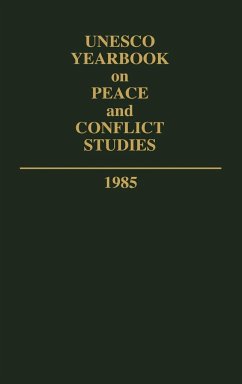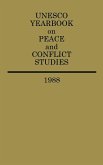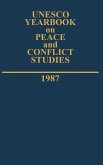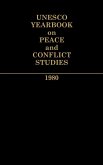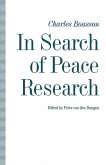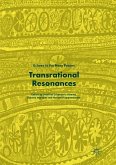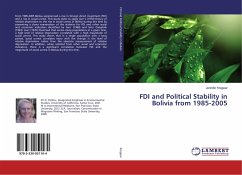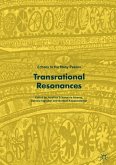This issue of the Unesco Yearbook focuses on World War II, a war which raises a number of issues for peace research and for social science research in general. One issue concerns the extent of the war which, although centered in Europe, also involved large parts of North Africa and Southeast Asia as well. Conflict outside of Europe can be traced to underlying problems of colonization and decolonization. In Europe, the war can be related to the aftermath of World War I and the subsequent inability of the League of Nations to arbitrate between opposing interests. The economic depression of the 1930s and the rise of fascism are also key factors; the rise of fascism, in turn, can be traced in part to the desire on the part of Germany and Italy to retrieve ingredients of their cultural past. In Japan, however, militarism was incurred less by the rise of fascism, than by Japan's semifeudalized, militarized industrial development. Perhaps the most significant issue is the watershed nature of World War II, which was marked by the impact of the atomic bomb in changing the nature and implications of warfare and by the emergence of the United States and the Soviet Union as major powers with new alliances which drastically altered the geopolitical balance of power. The essays in this collection represent the contributions of international authorities on these critical issues. They deal with European currents of war such as the rise of fascism; the psychological mobilization of the German people; the policies of the Third Reich towards Jews, Gypsies, and Slavs; the Polish Resistance; the impact of the German and Italian occupation of North Africa; and Irish neutrality. They also treat movements in Asia, including the impact of militarism on Japanese society before and during the war; China's resistance against Japan and the founding of a new China; and the impact of the war on independence movements in Asia. The final sections of the volume contain the 1985 update of Unesco activities relating to peace and disarmament, and regional and national develolpments. The international perspectives of this volume's contributors make this a valuable contribution to peace studies and the study of the impact of World War II. It will provide enlightening reading for political scientists and for courses in peace studies and government policy.
Hinweis: Dieser Artikel kann nur an eine deutsche Lieferadresse ausgeliefert werden.
Hinweis: Dieser Artikel kann nur an eine deutsche Lieferadresse ausgeliefert werden.

